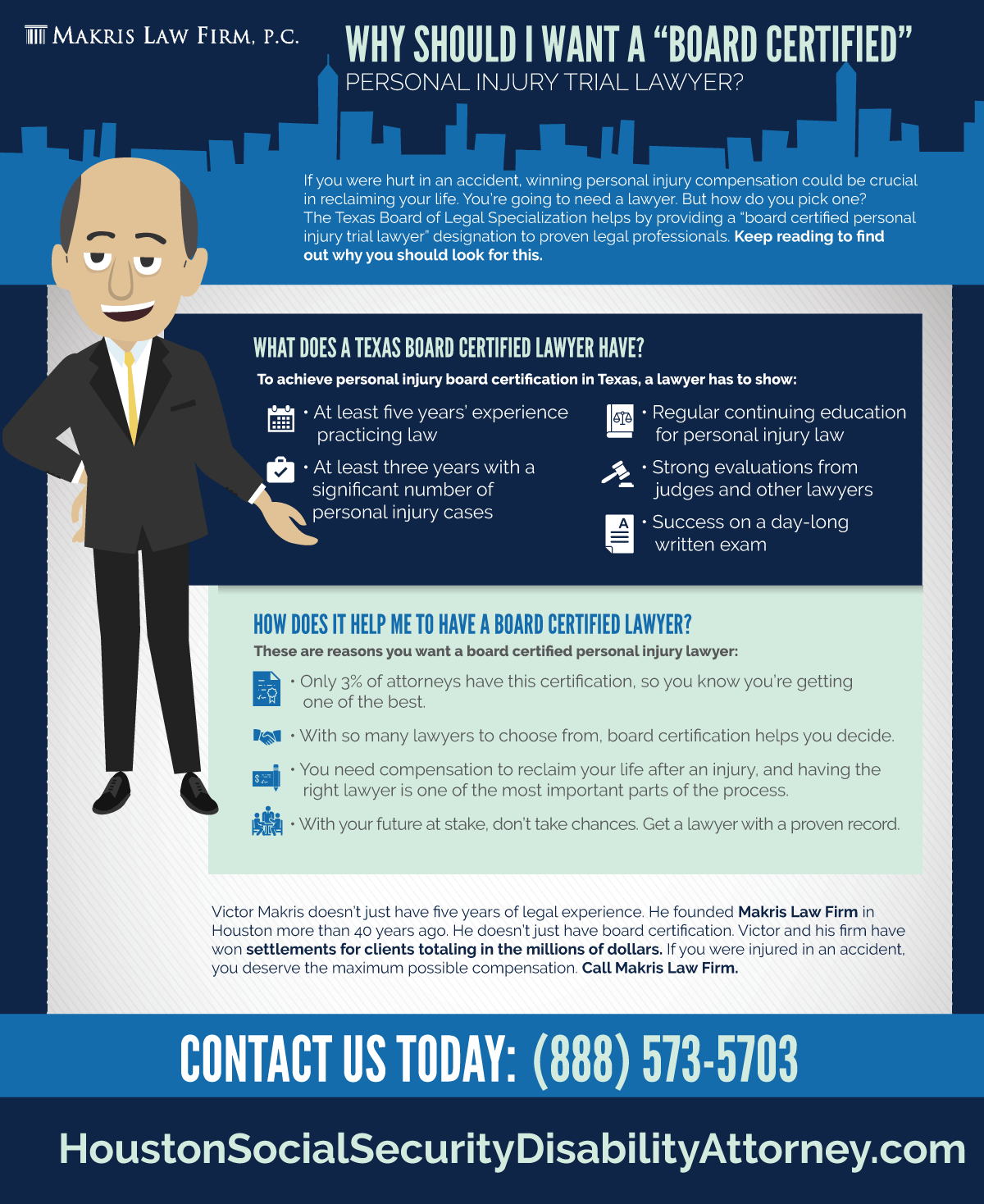What Takes Place During A Criminal Test: A Step-By-Step Review
What Takes Place During A Criminal Test: A Step-By-Step Review
Blog Article
Published By-McLean Gill
When you step into a criminal trial, you could be surprised by the organized process that unravels. All of it starts with jury choice, where prospective jurors are looked at for predispositions through a method called "voir dire." Afterwards, both sides provide their opening statements, setting the stage for the proof and testimonies to adhere to. You'll see exactly how the prosecution and defense develop their cases, yet what happens next can dramatically impact the result. Understanding these stages can disclose the intricacies of justice, yet there's more to uncover regarding the critical moments that comply with.
Jury Choice Process
When it comes to the court option process, you're diving right into an essential stage of a criminal trial. This process, usually called "voir dire," involves questioning prospective jurors to ensure they're unbiased and capable of delivering a reasonable verdict.
You'll see both the prosecution and defense lawyer getting involved actively, each intending to choose jurors that align with their situation's story.
During voir dire, you'll notice that lawyers ask inquiries about jurors' backgrounds, ideas, and experiences. Their objective is to determine any pre-existing biases that could influence a juror's choice. As a juror, you could really feel a mix of nervousness and interest, but your sincerity is vital.
After questioning, attorneys can test certain jurors for reason if they think a juror can not remain objective. They can also make use of a limited variety of peremptory difficulties to reject jurors without specifying a factor.
Trial Phases Explained
The stages of a criminal trial play a vital duty in making certain a reasonable and structured process.
You'll initially experience the opening statements, where both the prosecution and protection detail their instances. This sets the stage for what's ahead.
Next, the prosecution provides its evidence and witnesses, aiming to show the accused's guilt beyond a sensible doubt. You'll see direct examination adhered to by interrogation, permitting both sides to challenge the presented information.
After the prosecution rests its instance, it's the protection's turn. They'll present their proof and witnesses, usually concentrating on developing reasonable doubt. https://www.startribune.com/dakota-county-attorney-race-heats-up/600182896/ 'll observe that the defense does not need to prove innocence; they simply need to test the prosecution's case.
Once both sides have offered their debates, you'll hear shutting declarations, where each party summarizes their instance. This is essential as it strengthens their placements before the jury mulls over.
Throughout these stages, the court makes sure that the trial follows lawful standards which the rights of both parties are shielded.
Comprehending these phases will help you appreciate the complexities associated with a criminal trial and the value of each action in the search of justice.
Verdict and Punishing
Nevertheless evidence has been presented and debates made, the court or court delivers a decision, determining the accused's shame or innocence. If you're part of the jury, you'll deliberate with your other jurors, talking about the proof and your perceptions. This process can take some time, as you'll want to guarantee everybody agrees on the judgment based on the realities.
As soon as a verdict is reached, it's introduced in court. If the defendant is found guilty, the following phase is punishing. This is when the judge determines the proper punishment. You may see that numerous aspects affect the sentence, such as the seriousness of the criminal offense, the offender's previous document, and any mitigating scenarios.
The court may enforce a variety of sentences, from penalties and community service to jail time. Often, the protection or prosecution can provide debates relating to sentencing, attempting to guide the judge's decision.
If the defendant is found not guilty, they're acquitted, and no penalty follows. Keep in mind that a guilty decision can commonly lead to appeals, where the offender may challenge the decision or the sentence imposed.
Verdict
In a criminal test, you've seen just how vital each action is, from court option to the last verdict. You've adhered to the prosecution and protection as they construct their cases, aiming to convince the court. As soon as consideration completes, the judgment identifies the result, and if the offender is found guilty, the sentencing stage begins. Comprehending these processes assists you value the intricacies of the justice system and the significance of each duty in making certain a reasonable test.
